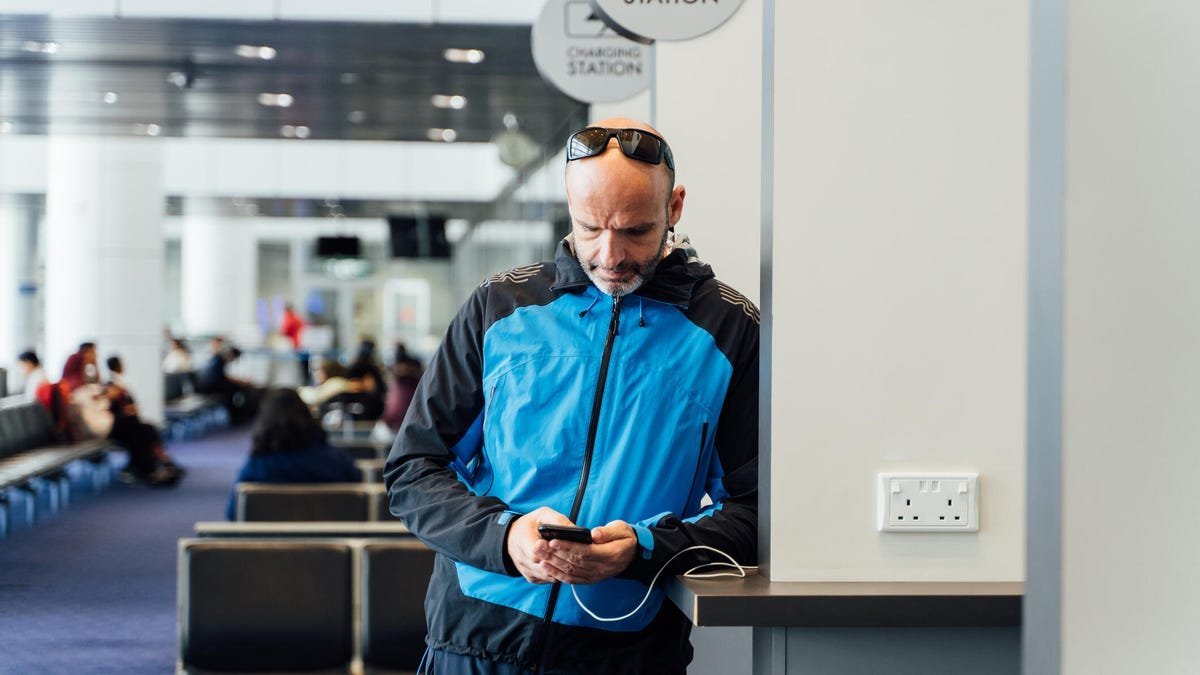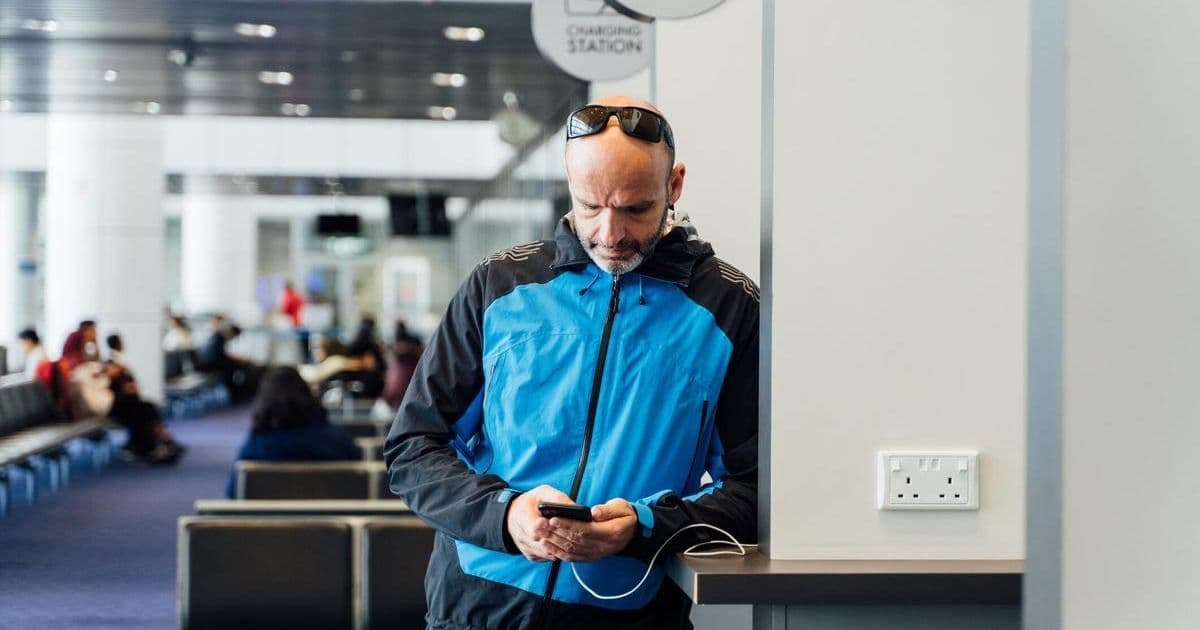The TSA has issued a stark reminder about the hidden dangers of using public USB charging stations and Wi-Fi at airports, citing risks like 'juice jacking' and data interception. Cybersecurity experts echo the advisory, urging travelers to adopt safer alternatives such as power-only cables and VPNs to protect sensitive information from malicious actors.

As millions of travelers pass through airports daily, the convenience of free USB charging ports and public Wi-Fi masks a growing cybersecurity threat. The Transportation Security Administration (TSA) recently amplified warnings on social media, highlighting how these amenities can be exploited by bad actors to steal passwords, financial data, and other sensitive information. This advisory isn't theoretical—it builds on FBI alerts from 2023 and underscores a persistent vulnerability in our hyper-connected travel routines.
The Lurking Dangers: Juice Jacking and Wi-Fi Snooping
At the heart of the TSA's alert is 'juice jacking', a technique where hackers tamper with USB ports to install malware that secretly syphons data from connected devices. Once plugged in, your phone or laptop could transmit everything from login credentials to personal photos without your knowledge. In severe cases, the device might even lock, preventing immediate countermeasures. While the FCC notes no confirmed criminal cases yet, the technical feasibility remains alarmingly high, turning every public charger into a potential hazard.
Public Wi-Fi networks pose a parallel risk. Unlike juice jacking, the threat here stems from other users on the same network. Cybercriminals can deploy packet-sniffing tools to intercept unencrypted data, capturing activities like online shopping or banking. As the TSA emphasizes, "The danger isn't the service itself, but who else is connected." This risk intensifies in crowded airports where network traffic is dense and oversight is minimal.
Practical Defenses for the Security-Conscious Traveler
So how can you stay powered and connected safely? For charging, avoid standard USB ports entirely. Opt for:
- Power-only cables or adapters: These physically block data transfer pins, allowing only electricity flow.
- AC wall outlets with your own charger: Eliminates USB interaction altogether.
- Portable power banks: Ensure they comply with evolving airline regulations on battery capacity.
When Wi-Fi is unavoidable, prioritize encryption:
- Use a VPN: Encrypts all data traffic, making snooping virtually impossible.
- Avoid sensitive transactions: Never access banks or shops on public networks.
- Leverage mobile hotspots: Your phone's cellular connection is far more secure than shared Wi-Fi.
- Dummy accounts: If forced to sign up for Wi-Fi, use a throwaway email and unique password.
Despite the convenience, the stakes are too high for complacency. As travel surges globally, these threats will only evolve—making proactive habits, like packing a USB data blocker or enabling VPNs, as essential as your passport. Vigilance isn't paranoia; it's the new baseline for digital safety on the go. Source: Artie Beaty, ZDNet.

Comments
Please log in or register to join the discussion